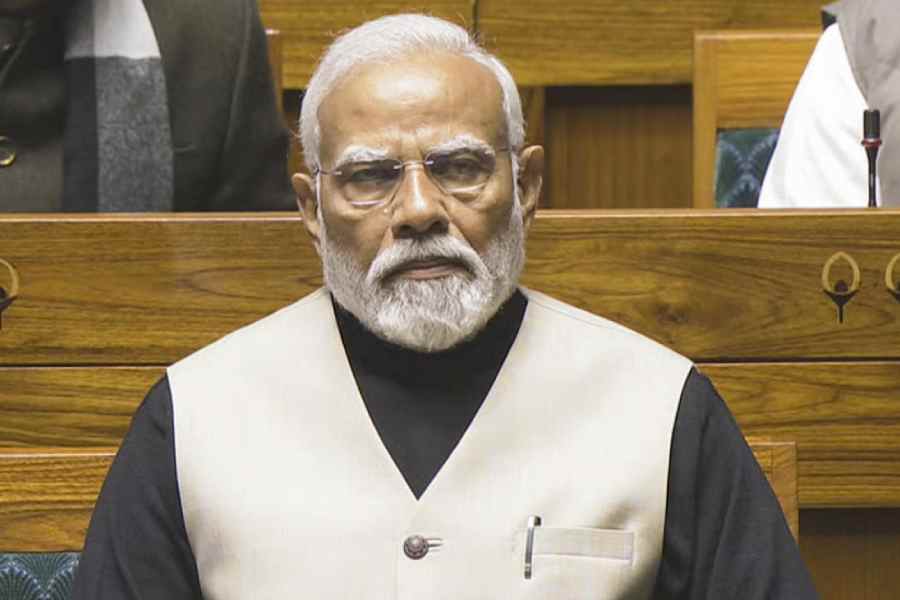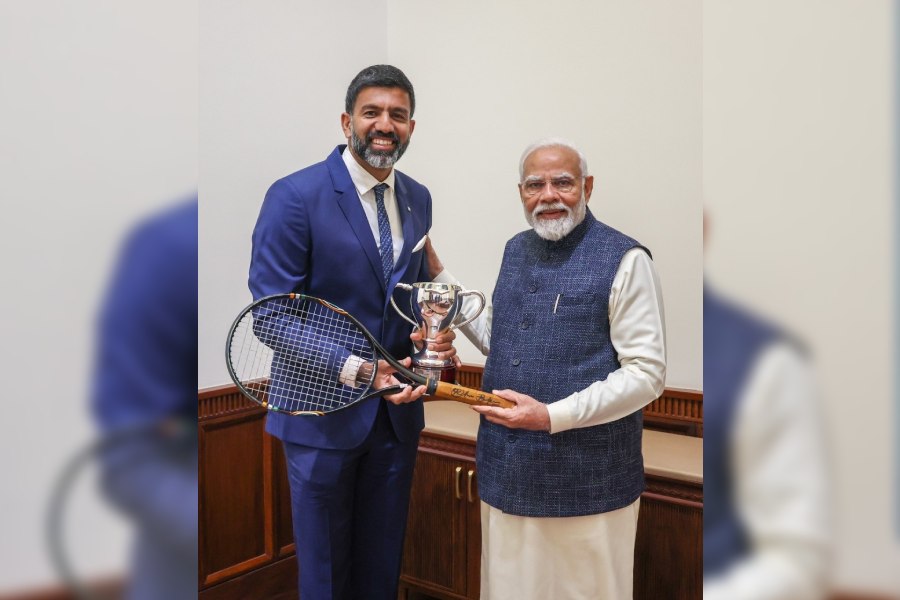Prime Minister Narendra Modi noted on Saturday that criminals have been using the latest technology for funding and operating across regions as he called for rethinking, reimagining and reforming legal systems to deliver justice.
Speaking at the Commonwealth Legal Education Association (CLEA) - Commonwealth Attorneys and Solicitors General Conference (CASGC), he said countries already work with each other in the domain of air traffic control and maritime traffic, and advocated extending this to investigation and justice delivery.
"When we work together then jurisdiction becomes a tool to deliver justice and not to delay it," he said, adding that the nature and scope of crime have seen radical changes.
Sometime ensuring justice in one country requires working with other countries, he said.
He expressed hope that the conference works to ensure that everyone has access to timely justice and no one is left behind.
The rise of cryptocurrency and cyber threats presents new challenges and there is a need for making justice delivery system more flexible and adaptable, he said.
The 21st century challenges cannot be fought with 20the century approach, Modi said.
Citing ancient Indian beliefs, he said justice is at the root of independent self- governance and without justice the very existence of nation is not possible.
Noting the presence of a large number of delegates from African countries, he said India has a special relation with the African Union. "We are proud that the African Union became part of the G20 during India's presidency," he said.
The prime minister said legal education is a key instrument in justice delivery and pitched for having more women in law schools so that there presence rises in the legal system.
World needs young legal minds who have diverse exposure, he said, adding that legal education needs to adapt to changing time and technology.
The theme of the conference is "Cross-Border Challenges in Justice Delivery".
This conference will deliberate on important issues pertaining to law and justice like judicial transition and the ethical dimensions of legal practice; executive accountability; and revisiting modern-day legal education, among others.
Except for the headline, this story has not been edited by The Telegraph Online staff and has been published from a syndicated feed.












